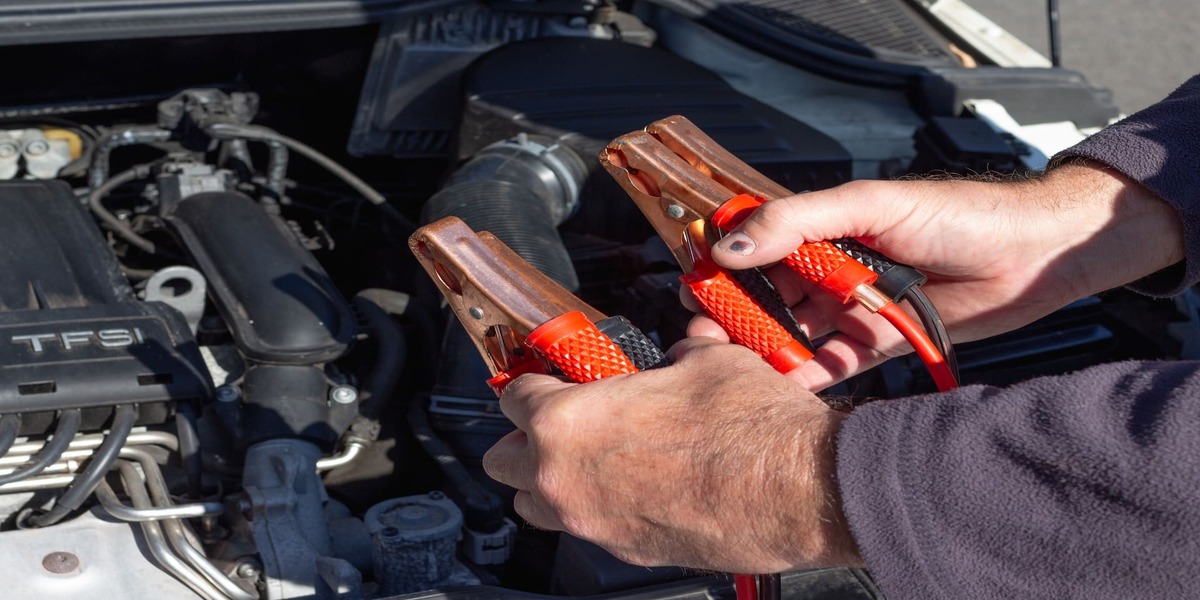Aatral ESP: Pioneering Sodium Battery Innovation

In the quest for sustainable energy solutions, the emergence of Aatral ESP marks a significant leap in the battery technology landscape. While Lithium-ion batteries have long dominated the market, concerns regarding their scarcity, price volatility, and safety have spurred innovative endeavors toward alternative energy storage solutions.
Aatral ESP, a visionary start-up based in India, is revolutionizing the industry with its groundbreaking work on sodium-based batteries, eliminating the reliance on lithium altogether.
Unveiling the Potential of Sodium Batteries
Aatral ESP's focus on sodium batteries holds immense promise. Sodium, though possessing slightly lower electric potential than lithium, holds a pivotal advantage—it's abundantly available, constituting 2.4% of the Earth's crust, compared to a mere 0.002% for lithium. This abundance ensures a consistent supply chain, promising stability and negating concerns of scarcity.
Moreover, advancements in sodium battery technology could render them notably more affordable, with Aatral aiming for a 30% reduction in costs compared to lithium-based batteries.
Advantages of Sodium Batteries
Safety
Sodium batteries are inherently safer, reducing the risk of thermal runaway and eliminating fire hazards associated with lithium batteries.
Wide Operating Range
Their higher operating range obviates the need for expensive active cooling systems, reducing overall operational costs.
Longer Cycle Life
The potential for extended cycle life translates to increased durability and reduced need for frequent replacements.
Aatral's Innovative Approach
While many entities focus on sodium-based anodes, Aatral spearheads research and development in sodium cathodes. As cathodes contribute significantly (51%) to a battery's cost, Aatral's pioneering work on sodium cathodes, leveraging existing high-performance anodes like hard carbon, is a game-changer.
The company has already progressed from coin cell prototypes to developing pouch cell prototypes, showcasing tangible strides toward commercialization.
Driving Force Behind Aatral ESP
Under the astute leadership of Subathra Rajendran, Aatral ESP boasts a multidisciplinary team comprising material science, battery technology, AI, and strategic market positioning experts.
With Subathra's 20+ years of energy industry expertise, including stints at ISRO, and a team fortified by doctorates in sodium batteries and thin films, the company is well-equipped for breakthroughs.
Collaborative Innovation and Progress
Aatral's success story is also a testament to collaborative support. They have received grants from various state and central government initiatives in India, such as those from Kerala, Tamil Nadu, and Telangana, and programs like Nidhi Prayas and MSME Hackathon.
Securing patents for their cathode technology signifies their readiness to scale up and commercialize their revolutionary advancements by 2024.
Transforming the Energy Landscape
Aatral's pioneering technology has far-reaching implications. Once commercialized, their sodium batteries promise to drive cost-effective solutions in the electric vehicle market and revolutionize stationary storage systems for applications in diesel displacement and utility-scale scenarios. More than just a start-up, Aatral ESP embodies a catalyst for a sustainable and brighter future.
Frequently Asked Questions
1. What makes sodium batteries a viable alternative to lithium-ion batteries?
Sodium batteries leverage sodium, an abundant element, making them more sustainable in terms of supply. They also offer enhanced safety features, a wider operating range, and the potential for longer cycle life.
2. What distinguishes Aatral ESP in the battery technology landscape?
Aatral focuses on developing sodium cathodes, a critical battery component significantly impacting costs. Their innovation aims to make sodium-based batteries more cost-effective and commercially viable.
3. How has Aatral ESP garnered support for its research and development?
The company has received grants from multiple Indian state governments and central government initiatives, reflecting collaborative efforts in advancing innovative energy solutions.
4. What impact could Aatral's technology have on various industries?
Aatral's sodium batteries could accelerate the adoption of electric vehicles, provide scalable solutions for stationary energy storage, and potentially revolutionize utility-scale applications.
Comments
No comments yet. Be the first to comment!
